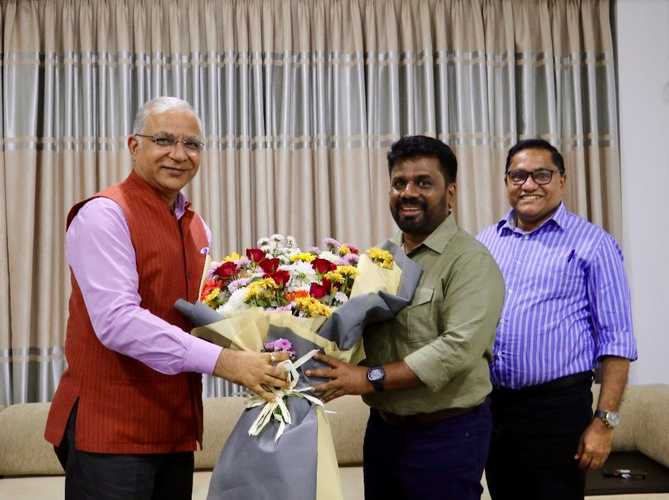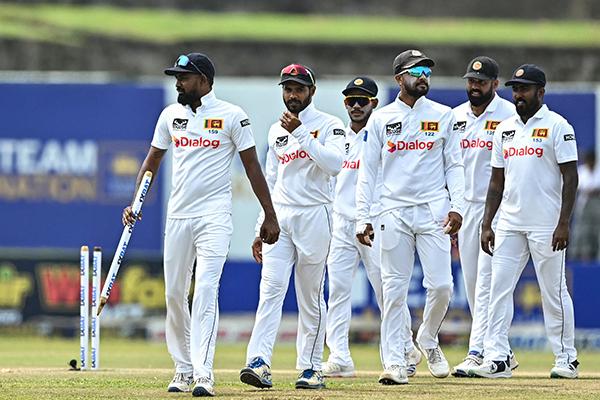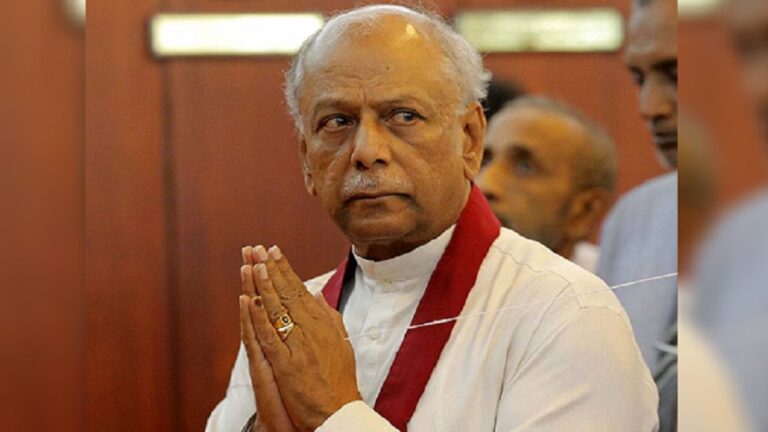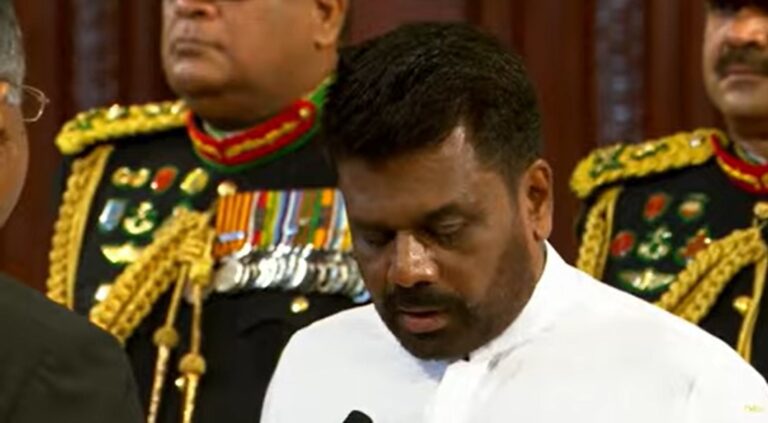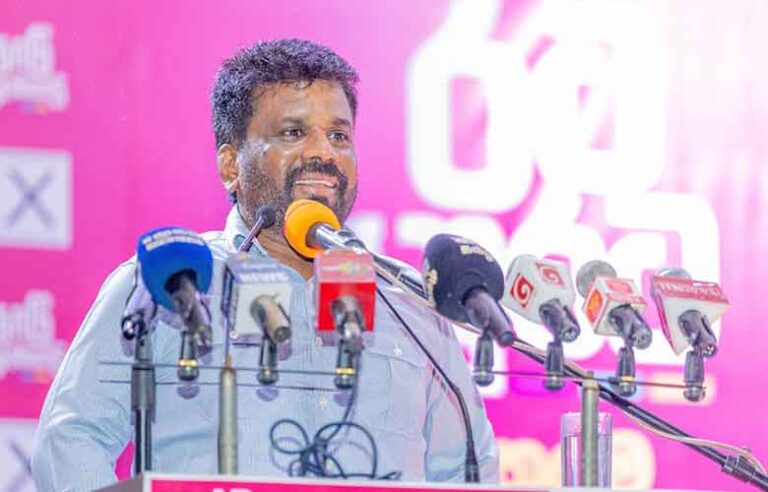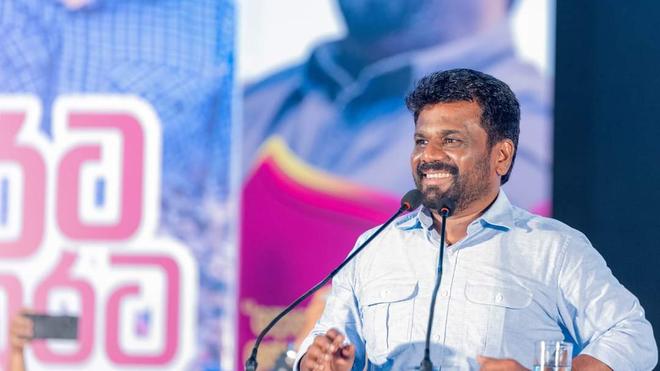By: Isuru Parakrama
September 23, Colombo (LNW): World leaders have extended their heartfelt congratulations to Anura Kumara Dissanayake on his recent election as President of the Democratic Socialist Republic of Sri Lanka.
The newly elected leader, who secured a significant victory in the country’s presidential election, has received a flurry of congratulatory messages, reinforcing Sri Lanka’s global ties.
Maldives President Mohamed Muizzu took to X to offer his best wishes, acknowledging the strong historical relationship between the Maldives and Sri Lanka.
In his message, Muizzu expressed eagerness to further strengthen the bonds between the two neighbouring nations. “As close neighbours, I am eager to work with you to further strengthen the historic friendship between the Maldives and Sri Lanka. Wishing you immense success in your new role,” he said.
Japan’s Ambassador to Sri Lanka, Mizukoshi Hideaki, also issued a formal statement, representing the Japanese people in extending warm congratulations to Dissanayake. Highlighting the significance of this moment for Sri Lanka, Hideaki noted the country’s ongoing recovery from economic challenges and expressed optimism about continued collaboration between the two nations.
“This marks a significant moment in Sri Lanka’s journey as the country continues to recover from its economic challenges. I sincerely wish your excellency great success in your endeavour to lead the country and to achieve sound and sustainable development while further enhancing collaboration with the international community,” the Ambassador remarked.
Ambassador Hideaki emphasised the enduring friendship between Japan and Sri Lanka, coupled with the President-elect’s personal affinity for Japan. He reiterated Japan’s readiness to assist Sri Lanka in fostering peace and prosperity.
Additionally, the United States Ambassador to Sri Lanka, Julie Chung, took to social media to commend both Dissanayake and the Sri Lankan people for successfully and peacefully exercising their democratic rights. “We value the strong U.S.-Sri Lanka partnership and stand ready to work together on shared priorities,” she wrote on X, signalling the United States’ continued engagement with the island nation.
Similarly, the British High Commissioner to Sri Lanka, Andrew Patrick, also shared his congratulations via X, celebrating the deep ties between the UK and Sri Lanka. Patrick expressed optimism about future collaborations, particularly given the long-standing relationship between the two nations, marked by robust people-to-people connections, economic ties, and shared values.
“Congratulations to President-elect Anura Dissanayake on his victory. Sri Lanka and the UK share a long-standing friendship… I look forward to working with the President and his government,” he stated.
As Dissanayake prepares to assume office, the international community’s recognition and warm messages of support reflect a readiness to deepen diplomatic and economic partnerships, ensuring Sri Lanka’s continued progress on the global stage.



